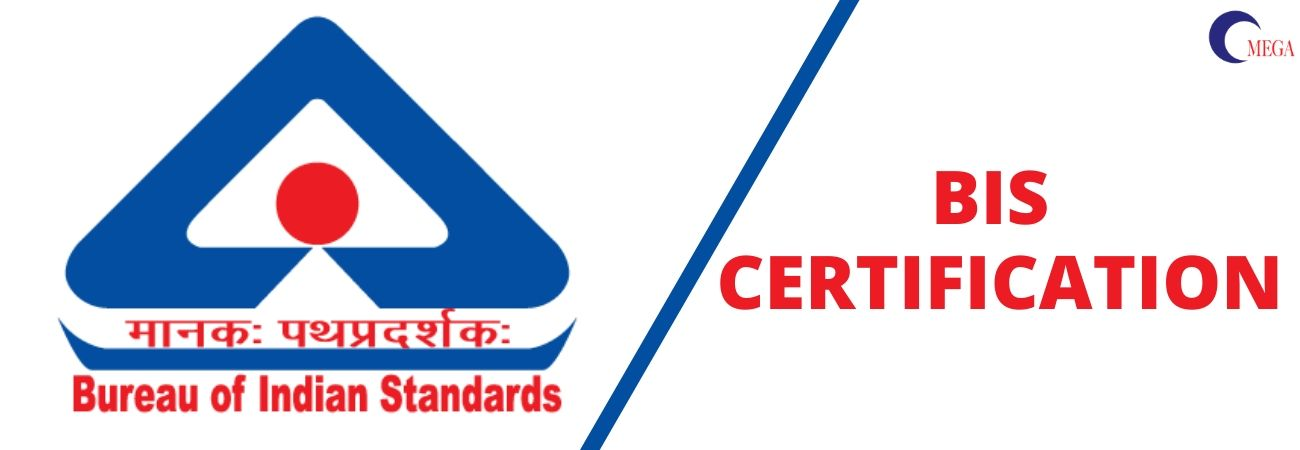Description

Copyright infringement not intended
In News
- The Bureau of Indian Standards (BIS) has developed an Indian Standard for a 'non-electric cooling cabinet made of clay'.
- It is named as ‘Mitticool refrigerator’.
- It is a clay-made natural refrigerator
- It is primarily used to store vegetables, fruits, milk, and cooling water.
- It provides natural coolness to foodstuffs stored in it without requiring any electricity. Fruits, vegetables, and milk can be stored reasonably fresh without deteriorating their quality
Bureau of Indian Standards (BIS)
- It is the National Standards Body under the Ministry of Consumer Affairs, Food & Public Distribution.
- It is a statutory body established under the Bureau of Indian Standards Act, 2016.
- BIS has more than 500 scientific officers working as Certification Officers.
- BIS was formerly known as the Indian Standards Institution (ISI).
- ISI was set up in 1946.
- The ISI was registered under the Societies Registration Act, 1860.
- Bureau of Indian Standards (BIS) headquarters are in New Delhi, with regional offices in Kolkata, Chennai, Mumbai, Chandigarh and Delhi.
Significance of the step
- It is a clay-made natural refrigerator
- Primarily used to store vegetables, fruits, milk, and cooling water.
- Provides natural coolness to foodstuffs stored in it without requiring any electricity.
- Fruits, vegetables, and milk can be stored without deteriorating their quality
- It is an eco-friendly technology.
- These cabinets can be used to store perishable foodstuff without the need for electricity.
- Bureau of Indian Standards (BIS) recognition will encourage production and also provide market confidence.
- This will help India in fulfilling 6 out of 17 United Nations Sustainable Development Goals (SDGs) like;
- No poverty
- Zero hunger
- Gender equality
- Affordable and clean energy
- Industrial innovation, and infrastructure
- Responsible for consumption and production.
- It will play a significant role in promoting the pottery culture, tradition, and connecting people back to their roots in healthier ways.
https://www.pib.gov.in/PressReleasePage.aspx?PRID=1834548
1.png)
https://t.me/+hJqMV1O0se03Njk9













